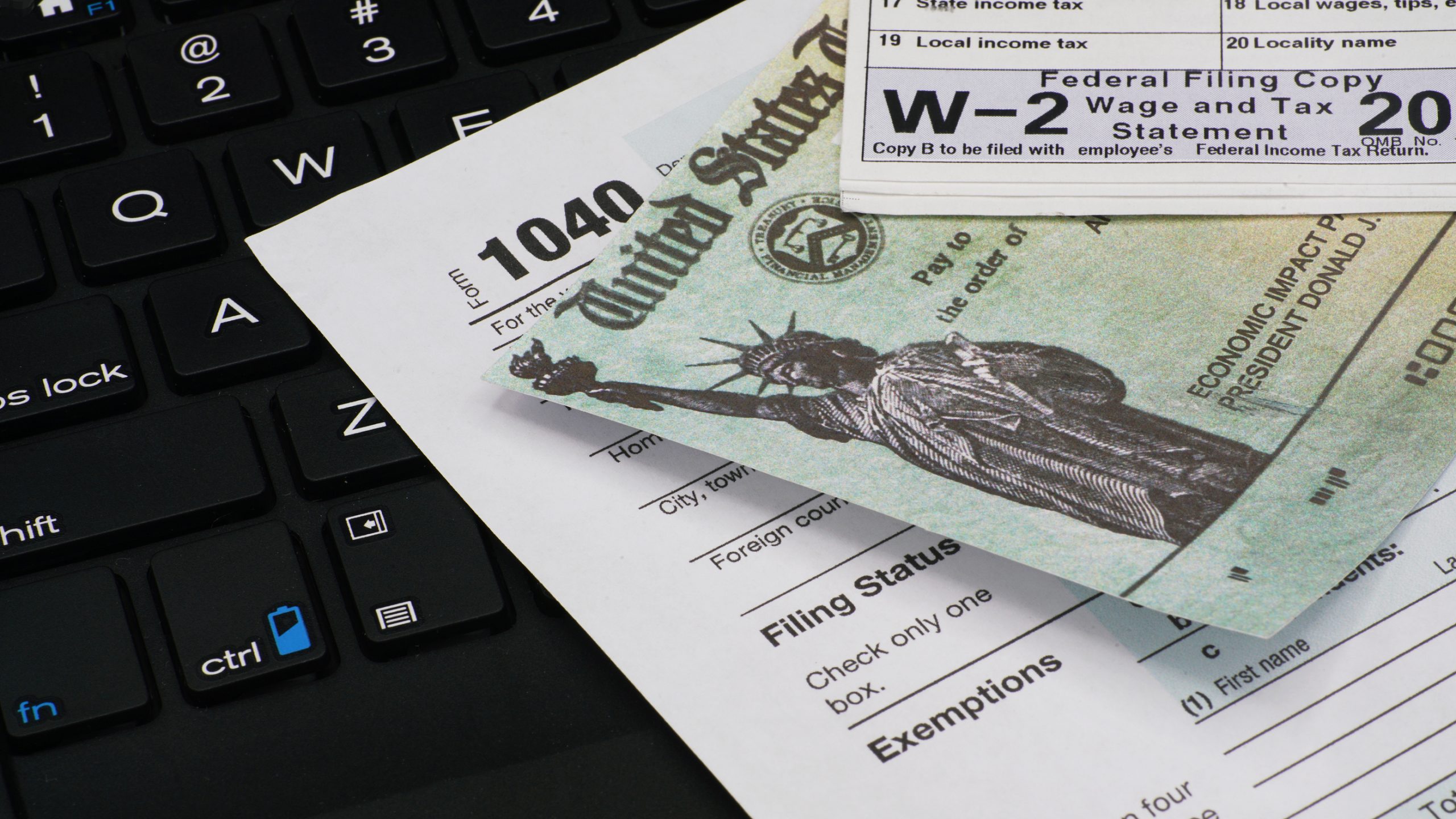
The start of a new calendar year is upon us, which means tax season is starting to gear up for private individuals as well as many businesses. If you prefer to stay ahead of bills and tasks on your to-do list—or if you’re expecting a hefty refund for your tax return this year—you might be eager to file your taxes as soon as possible.
With new tax breaks like the Child Tax Credit offering tax benefits to consumers, the 2022 tax season could offer significant financial gains for many tax-paying households. But before you rush off to get your taxes done, you’ll need to make sure you’ve waited to receive all of your necessary documents—and, if you have a habit of waiting to the last minute, you’ll need to pay attention to the upcoming tax filing deadlines.
The tax season starts in mid-to-late January of every tax year and continues through the tax filing deadline date in mid-April. This year, your taxes are due on April 15, unless you file an extension.
Many taxpayers and tax preparers will start working on their tax returns as important tax documents are received between the end of the 2021 calendar year and the end of January 2022. Tax season typically refers to a three-month period ahead of the tax filing deadline in mid-April.
While the IRS chooses its opening day to start receiving tax returns on a year-to-year basis, it’s expected that this year’s “opening day” for filing 2021 tax returns will be on or around January 20. This is the date on which the IRS will accept paper and digital tax returns for processing.
If you’ve already gathered your tax documents, you can always start the tax prep process early and have your return ready for submission as soon as the IRS is accepting them. This will expedite the processing of your 2021 tax return and if owed money, your tax return payment.
Although the IRS has pushed back the tax filing deadline in recent years to give businesses, consumers, and tax prep companies more time to gather their financial information and submit their tax returns, the current filing deadline for the 2021 tax year is April 15, 2022.
Unless the IRS announces an extension on that filing deadline, you should be planning to have your taxes prepared and submitted no later than this date. Late filing will lead to penalties and fees in addition to any taxes you owe—or else these fees will be deducted from your refund.
If you need more time to file your taxes, you can file a form that extends your filing deadline to October 15, 2022. Keep in mind that even if you receive an extension, you will still need to pay at least 90 percent of the taxes you owe by April 15 to avoid an underpayment penalty.
Employers and other organizations that owe you tax documents are supposed to provide these early in tax season—by the end of January, in many cases. However, there are many reasons why you might not receive these documents, such as if the issuer has the wrong mailing address, or if they aren’t legally required to issue a tax form.
If it’s February or later and you haven’t received the tax forms you believe you need, you should contact the organization issuing those documents and see if you can receive them as soon as possible. Don’t wait to request these forms, or else you might not receive them before the tax filing deadline.
Want to file your taxes fast, maximize your tax refund, avoid fees and penalties and get that refund in your bank account ASAP? Here are some tips to take the stress and headaches out of the tax prep process: